Executive Education
The executive training programmes offered by the academy are open to professionals of all ages, usually in the course of employment. They may take on the form of a day-long training session or a conference. The number of hours of training varies from a few hours to several days.
At the end of the programme participant receive a certificate of participation.
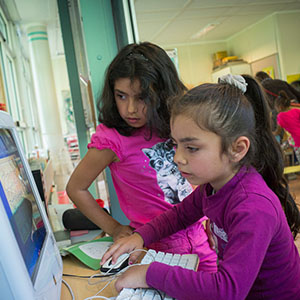
An interdisciplinary understanding of children's rights and childhood studies and their global context, including an overview of different schools of thought, current trends, and challenges.

Discusses the tension between child labour and children's right to education.
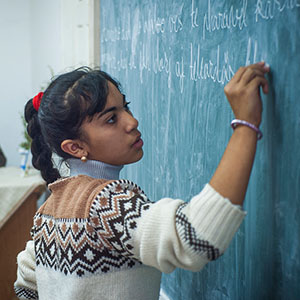
Covers international human rights law, monitoring mechanisms, and regional human rights systems for children.
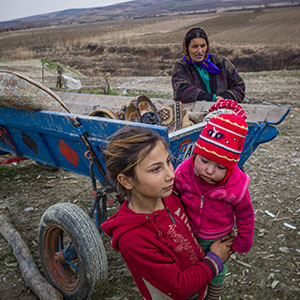
Focus on children's rights in the context of migration, discussing both international legal frameworks and social science research.
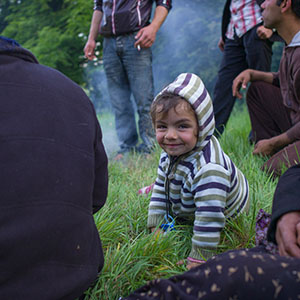
Emphasizes the link between children's rights and child protection and discusses experiences to strengthen child protection systems.
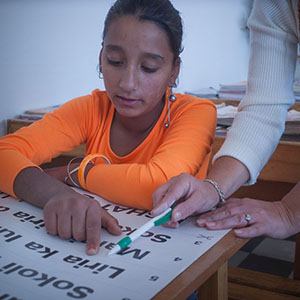
Focuses on evaluating the promotion, protection, and upholding of children's rights through evidence-based policy and scientific evidence while emphasizing regional and national monitoring, independent monitoring institutions, and child participation.
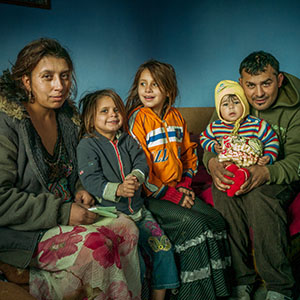
Part 1 covers the legal framework regarding the minimum age of criminal responsibility and child-friendly justice and part 2 explores recent trends in criminological research and interventions to reduce juvenile delinquency.
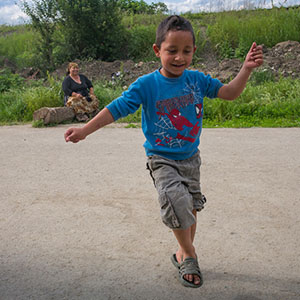
Covers a wide range of legal issues, from the promotion and preservation of children’s fundamental rights and their participation as individual rights holders to the desired collaborative justice through the determination of the competent court and applicable law and the implication of alternative dispute resolution methods;
